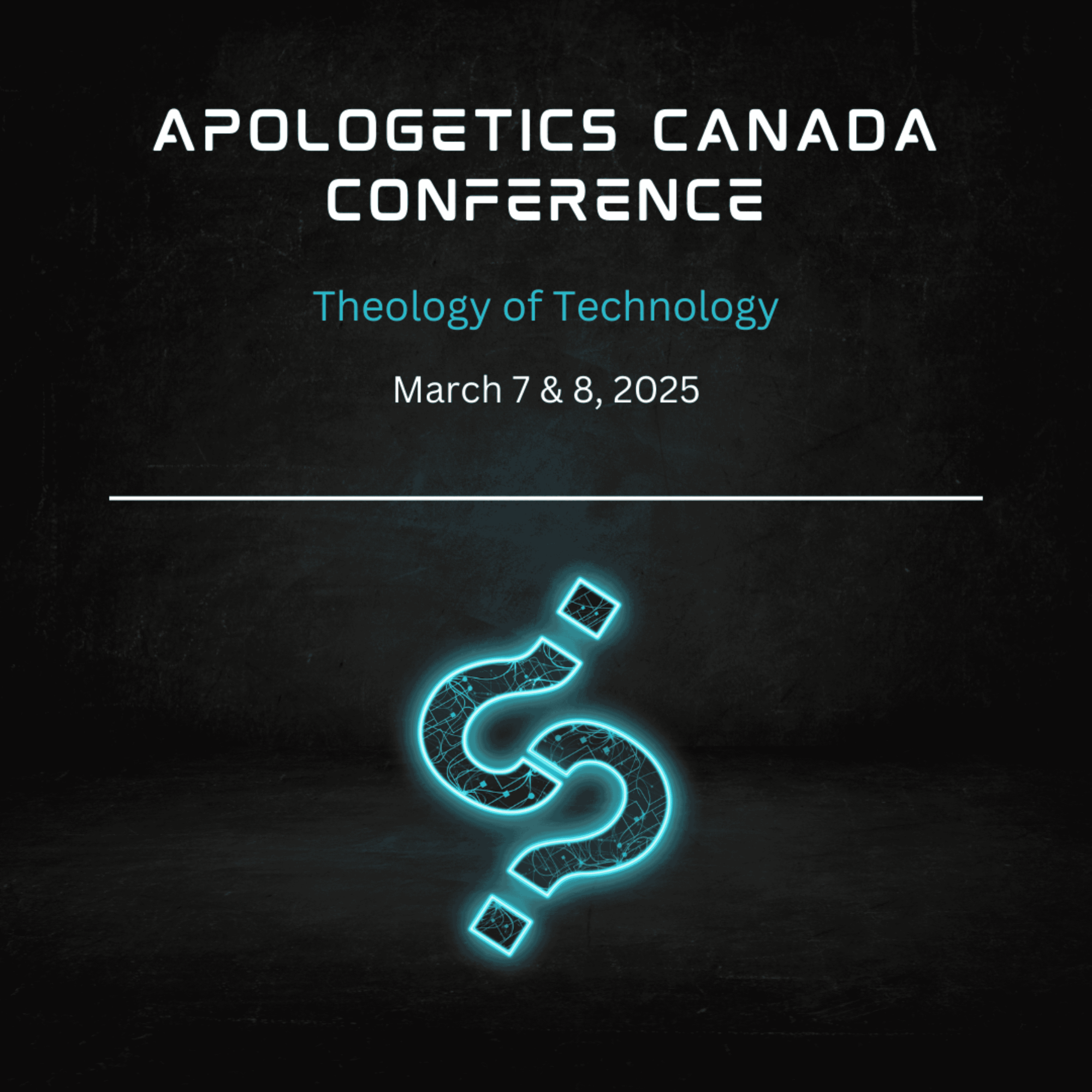Goossen did his undergraduate degree in history, and during his honours program, there was an emphasis on “historiography”—in other words, understanding how history is written. You soon learn that the issue is not whether or not people have biases, but rather what these biases are. Out of a mountain of facts, why did the historian choose to include certain facts?
He learned in historiography that historians often come up with an angle or story and then facts are selected to support the narrative. Typically, the best histories are those rollicking tales that make a good read but are often loose with the facts. Traditionally, there was always an underlying notion that there is a baseline of facts, a core bedrock of indisputable things, despite one's biases.
In today’s woke environment, virtually every bit of the bedrock has been disputed so that society is in a quicksand of malleable facts.
A further source of his exposure to critical thinking was at two law schools. The experience instilled in him the basic sequence: facts, issues, and analysis. This needs to be done on a dispassionate basis, with self-reflection, and in an unbiased manner. The starting point is the facts. Like history, there are source documents. A key to critical thinking is to assess the documents and evidence we are relying on to form conclusions.
But what is the relevance of this for leaders? Better thinking will lead to better decisions. This will require independent thought, understanding how things are and not how people wish they were, standing above distracting motivations and ideologies, and keeping in mind the long-term benefits of the quest for truth.
Thinking. It’s a useful process. Yet, rigorous thinking, indeed critical thinking, is increasingly under assault today. In light of the power of woke media, inconvenient facts get steamrolled. Western institutions, particularly the Christian church, are targeted. Even in halls of higher learning, facts are trounced by emotivism. Those who disagree are then marginalized as “denialists.” Trial is by social media and public ostracization is swift. Goossen will provide 10 practical suggestions on how to lead in today’s post-truth culture.
 The Apologetics Canada Conference 2025 is taking place March 7-8 with a theme of "Theology of Technology."
The Apologetics Canada Conference 2025 is taking place March 7-8 with a theme of "Theology of Technology." 